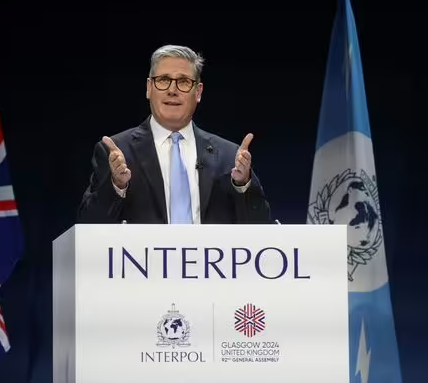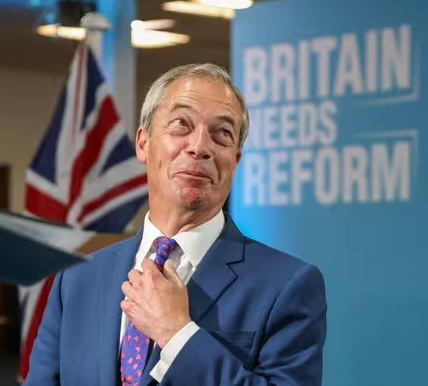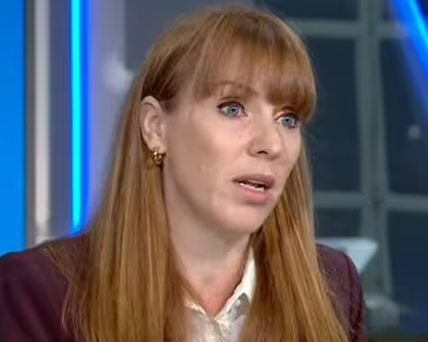Finance guru Laura Pomfret explained how changes to inheritance tax in the budget may hit people in a way they hadn’t realised

BBC Morning Live expert Laura Pomfret flagged up new ‘double tax’ hitting pensions (Image: BBC)
A BBC Morning Live expert has spoken out about changes to inheritance tax – and explained how alterations made in the budget could impact people and make them pay ‘double tax’. Speaking on the show today finance guru Laura Pomfret spoke out as many people voiced fears about how the changes could impact them.
She explained how pensions are impacted by the change in the Budget last month- with people who die over the age of 75 being hit by new tax. She said: “The way that inheritance tax impacts pensions is a thing that’s changing. The thing that’s not changing, but it’s important to remember is income tax on pensions.”
Ms Pomfret said: “So at the moment, if you pass away before the age of 75 your pension can be inherited tax free by the beneficiaries. If you pass away 75 and older, you your beneficiaries do pay income tax on this.
“Now this depends on their income tax threshold. There could be basic rate payers at 20%. There could be 40% or 45% taxpayers. And at the moment, if you pass away aged 75 and over, your beneficiaries do have to pay income tax. But they’re not paying inheritance tax.
“What will happen from sixth of April 2027 is the estate may have had to pay 40 per cent tax on that pension, and then the person receiving it will have to pay income tax. And that’s where it feels like there’s a bit of a double tax. There’s no change in the income tax, but you feel the effect.”
BBC Morning Live presenter Gethin Jones said: “If you spend all your life working hard, saving up a pension fund as well. You want to make sure the money goes to the right person. How do you ensure that happens?”
Ms Pomfret also said there was a real risk the pension could go to the wrong person: “This is what’s really important. So wills aren’t typically the instrument that handle pensions. Lots of people may write a pension in their will, but who the pension goes to is completely dictated by the actual pension provider and the trustees themselves. And so this form is the thing that we use to kind of write down who it’s meant to go to and like we said earlier, they’ll follow it, but they may not follow it to an absolute T.
“And what’s important here is things change. Life changes. So you could have filled out a form 40 years ago 30 years ago and put your spouse at the time and life changes. And so it’s a really important thing to look at when new marriages deaths, new relationships, divorces go back and not only check you will, which is super important, but actually check this expression of wish and nomination form. You can just contact your pension provider, ask who you’re connected to, who you put down because it’s really important that that’s up to date and that basically the person that you want to get your pension will get it.”
Don’t miss… Mortgage lenders hike interest rates by up to 0.3% following Labour Budget [LATEST]
In the Budget last month Chancellor Rachel Reeves said she will close the “loophole” around inherited pensions by bringing them under the inheritance tax (IHT) regime from April 2027. It means pensions that are passed on when somebody dies will be taxed similarly to other inherited assets in future, the Government said.
Pensions are currently exempt from IHT and are not included as part of someone’s estate when they die. Critics have said the policy has led to people using pensions as a tax planning vehicle to transfer wealth rather than their original purpose to fund retirement.
Ms Reeves said the reform, combined with tweaks to tax relief around inherited agricultural and business property, would raise £2 billion in total. Helen Morrissey, head of retirement analysis at Hargreaves Lansdown, said the policy has “long been considered low hanging fruit for a government in search of cash”.
She said many more people will be “dragged into paying inheritance tax” because pensions are counted as part of their estate. Ms Morrissey added that a “flurry of people” will revisit how they want to treat their finances in retirement, with more looking to gift more money to loved ones while they are still alive.





